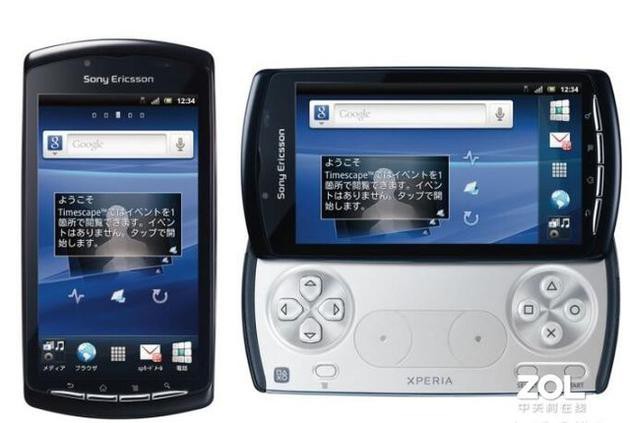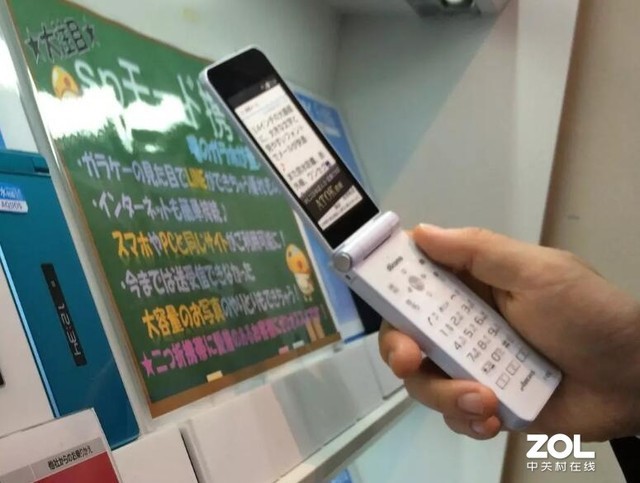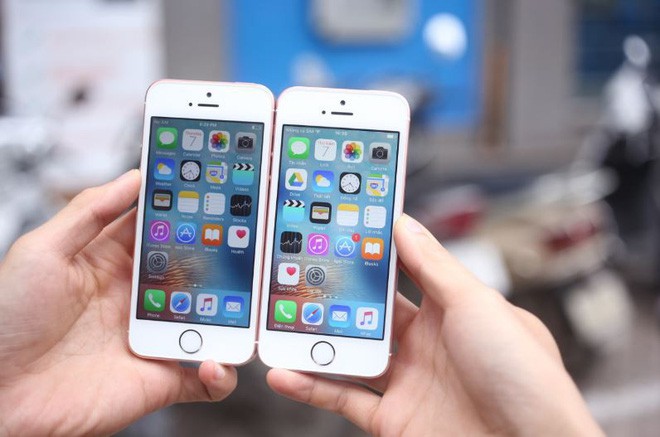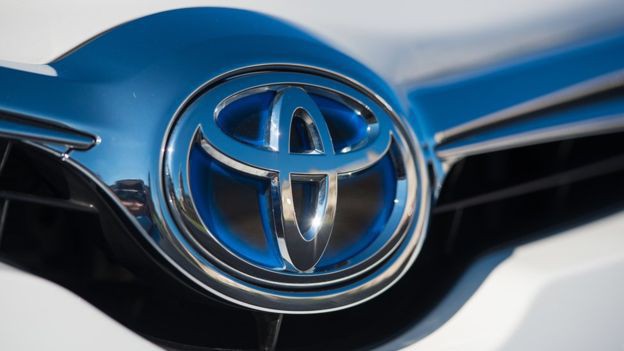Why are Japanese mobile phone companies only able to develop in the domestic market?
In fact, there are many mobile phone companies in Japan such as Sony and Sharp, but these units are more famous for home appliances and phones are just a small manufacturing branch. Even in recent years, Chinese brands Huawei has gradually gained popularity in Japan and pinched both domestic brands.
Why did this strange thing happen?

Sony Ericsson mobile phone.
According to the analysis of some previous technology experts, there are three main reasons explaining the decline of mobile phone manufacturing industry in Japan.
First, the traditional working culture in Japan has hindered the development of the smartphone industry. Because Japanese companies generally do not lay off employees, so employees are promoted higher over the years of work, leaving the people in the leadership position to carry the old-fashioned business mindset. Therefore, these companies cannot launch products that young people love.
Second, Japan is not good at integrating resources. For example, Sony has a sound department and a camera department, but they do not have much voice and influence in the manufacturing and distribution market for mobile phones.
Third, Japan voluntarily abandoned the mobile phone manufacturing market because it was difficult to make money because the profit earned on each product was too low. In fact, highly profitable phone components are still supplied by Japan, such as cameras and sensor types.

Flip phones are very popular in Japan.
But the above reasons are also strongly rejected. Because Japan is still famous for cars, home appliances and other electronic products. With the same society and the working culture system, why can cars and appliances be successful?
For the idea of resource integration, this reason isn't even entirely plausible. Product lines like Sony's PplayStation are the most eloquent evidence for resource integration and brilliant success. It is obviously unfair to say that Japanese companies are not good at integrating resources to form a complete product.
The third reason also needs to be reconsidered. Japan has not voluntarily abandoned the mobile phone manufacturing market but was forced to retreat before competitors were too strong. Because if you look at Apple's iPhone, a product whose production value is only about 30% of the selling price, can anyone say that selling smartphones is not profitable? Is there any company that does not want the added value from design and brand to account for 70% of product cost.
In addition, if only focusing on developing parts or components to supply to manufacturers, Japanese companies will only gain temporary profits. Over time, as other countries begin to research and develop replacement parts, those advantages will soon end.

IPhone production costs only account for about 30% of the selling price.
So back to the question, why are Japanese cell phones only available in the domestic market? In fact, this may be closely related to the fact that Japanese technology companies are "not very suitable" with a fierce competitive environment.
The cycle of product innovation in the automotive industry is quite slow, giving Japanese companies many advantages. But with other manufacturing sectors such as home appliances, especially TVs, refrigerators and washing machines, Japanese companies have gradually lost their voice when faced with a new wave from China or Korea. Quoc.

Japan's automobile industry still has many advantages.
First of all, this has a lot to do with Japanese companies' models. The aforementioned system of positions and job responsibilities is one reason. In addition, the "closed exchanges" with the outside of these companies are equally influential. Japanese companies always prefer internal cooperation and dislike the presence of foreign partners in their industry. It is almost only when they are especially "helpless" that they use foreign products.
The third is the economic and cultural reasons of Japan. After the economic bubble burst in the early 1990s, the Japanese economy moved into a period of prolonged stagnation. The average annual GDP growth rate in the period of 1991-2000 is only 0.5%, much lower than the previous periods.
In such a general economic situation, Japanese society does not have much innovation and "passion". Young people began to support the "Hikikomori" culture, crouching in their homes and alienating society. Obviously, this does not suit the fierce competition.

The release of mobile phones in Japan is usually controlled by network operators.
Therefore, when unable to adapt to the strong competition from abroad, Japanese mobile companies turned to focus on developing and exploiting the domestic market. As a result, they have somewhat retained this "home ground" in the face of the wave of importing products from outside countries.
Japan's current advantage is basically a traditional manufacturing industry, with slow update rates. Domestic companies also fit this model and there is currently no way for them to keep up the Internet, smartphone and 5G era.
Reference Sina